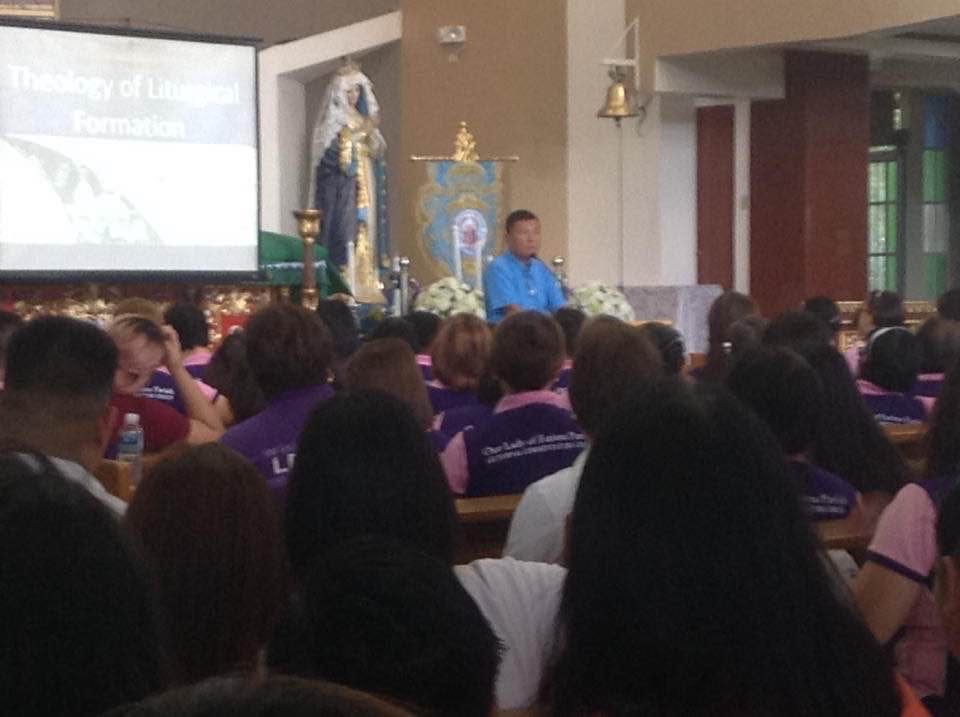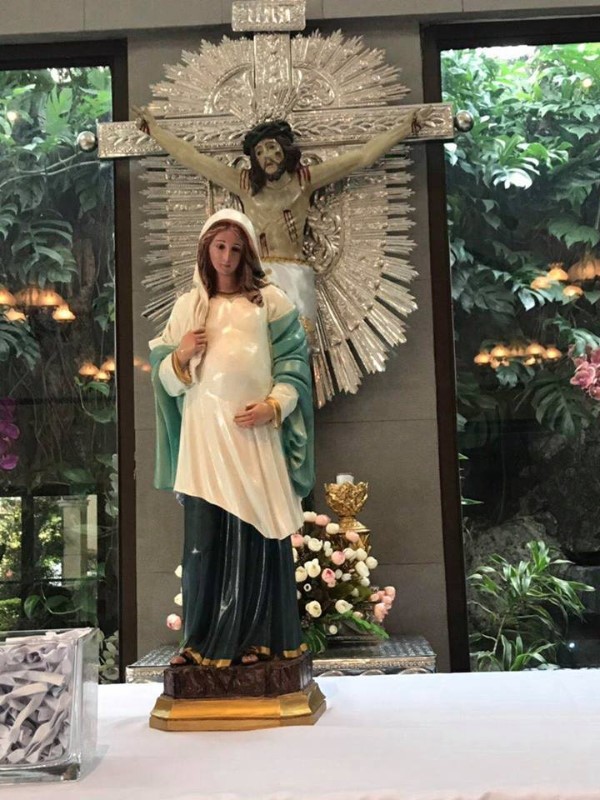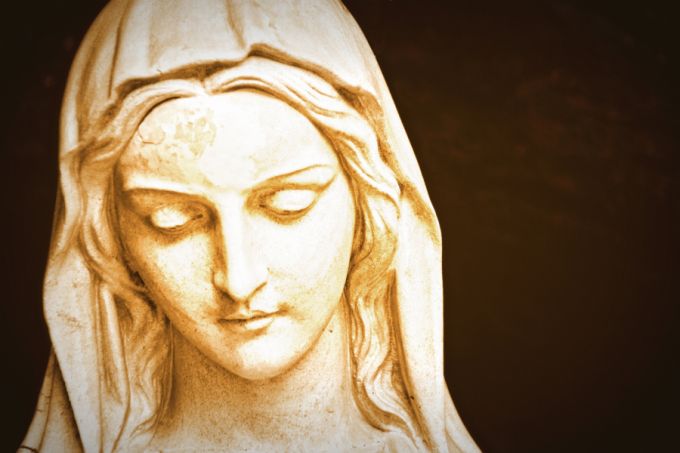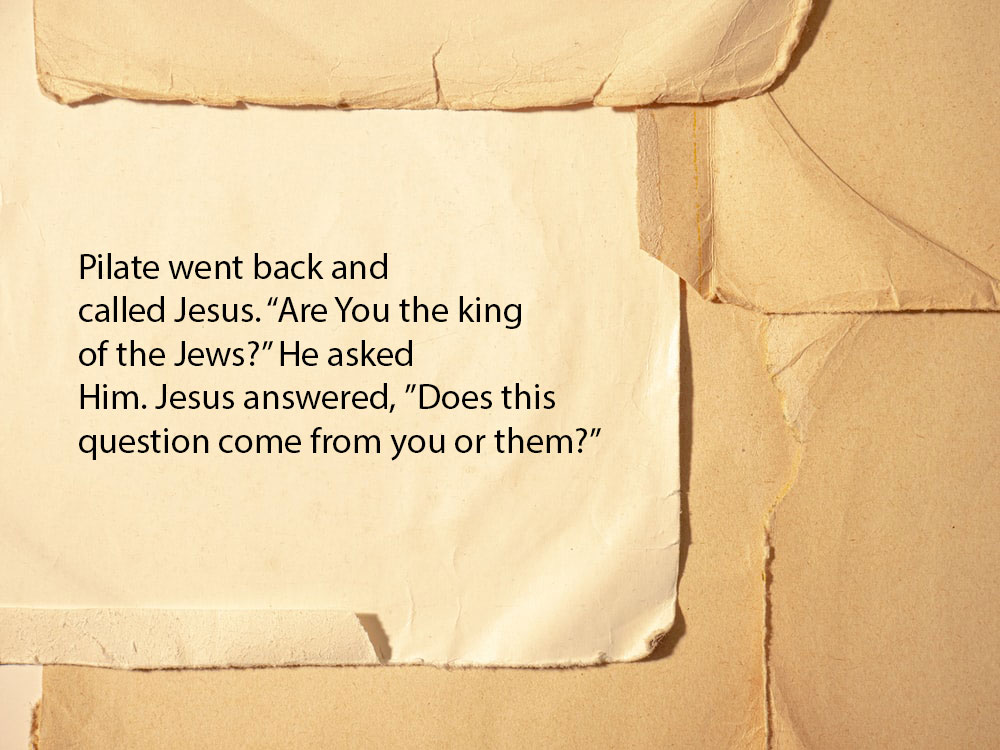
by Earnest L. Tan
One of the most difficult phases in family life for both parent and children is the adolescence period. This is the time when the teen recognizes the need to psychologically breakaway from his or her parent. What is often heard from teenagers is: “Mom, dad, I am already old enough. Leave me alone to decide things for myself!” This, on the other hand, results in hurting parents as they perceive that their children no longer need them. They subsequently attempt to hold on to them even more. The more the parents try to control, the more their teen rebel and move away. Both end up feeling frustrated.
This is the time where parents need to exercise one of the essential gifts in parenting: the gift of Allowing. This is one of the Five A’s that renowned author, David Richo, stipulates as essential to bequeath children with in order for them to grow up as healthy adults. The other A’s refer to Attention, Acceptance, Appreciation and Affection. Allowing is the ability of parents to give space to children and trust them with freedom in order for them to discover themselves—their gifts, potentials and even their vocation and mission in life. In the developmental phases according to Erik Erikson, a Development Theorist, Allowing is most important especially in the toddlerhood and the adolescence stage. In the former, the gift of Allowance helps children develop autonomy and initiative. In the latter, teens discover their identity and role in society. Parents therefore need to realize these needs in their children. Unfortunately, most parents fail to recognize this psychological need thereby causing tension in the family.
Since October is the month of the rosary where we turn to Mama Mary as a model, it is most interesting to examine how Mary can be a true exemplar for parents in this regard. Though Mary appears in the Scriptures for only a few times, her presence in these scenes are noteworthy and revealing.
The First and Most Significant Appearance: God Calls Mary
The first time we hear of Mary in the gospel was when she was visited by the angel Gabriel. “Rejoice, so highly favoured! The Lord is with you!” (Lk 1:28) He announced to her that she was chosen to be the vessel from which Christ, the Son of God, will enter the world. This frightened Mary knowing that in their custom and tradition, a woman caught conceiving a child out of wedlock would be stoned to death. Yet Mary’s faith reigns. She immediately set out to visit and care for Elizabeth. She knew that Elizabeth was with child too. Her son would be John the Baptist, the one who will prepare the way of the Lord.
This passage confirms what Kahlil Gibran describes of parenting: “Your children are not your children. They are the sons and daughters of Life’s longing for itself. They come through you, but not from you. And though they are with you yet they belong not to you.” In the subsequent text, Gibran alludes to children as arrows to be sent forth and parents, the bow that will sent forth the arrow. The one however who “sees the mark” to where the arrow shall go is the Archer. This refers to our God. He ends with: “For even as (the Archer) loves the arrow that flies, so He loves also the bow that is stable.”
It is clear that parents, like Mary, are but instruments of God from whom children will prosper in the world. In Mary’s case, she was to be the instrument to incarnate Christ who will save the world. Mary understands this and she sings of praise to God for being chosen, lowly as she is: “My soul proclaims the greatness of the Lord and my spirit exults in God my Saviour; because he has looked upon his lowly handmaid. Yes from this day forward all generation will call me blessed, for the Almighty has done great things for me. Holy is his name.” (Lk 1:46-49)
Mary Searched for Jesus in the Temple
Another passage in scripture was when Jesus was lost in the temple. Both Mary and Joseph went frantically in search of him. They eventually found him sitting among the doctors of the law. By then, it was said that “Jesus had grew in maturity and he was filled with wisdom.” (Lk 2:40) When Mary said to Jesus: “My child, why have you done this to us? See how worried your father and I have been, looking for you.” Jesus replied: “Why are you looking for me? Did you not know that I must be busy with my Father’s affairs?” (Lk 2: 48-50)
This scene is most intriguing. It would have a wonderful place in a soap opera. Like most mothers (and fathers), Mary (and Joseph) manifested a typical concern and protectiveness to their child. But Jesus who was mature by then had answered back. In a typical soap, this would already lead to an altercation. Jesus’ reply would be tantamount to a “pambabara.” And the parents would have screamed: “Bastos (ingrate), after all things that we have done for you…” None of this happened. Later however in the passage, Luke shared that Jesus followed his parents and lived under their authority. Mary, though, “stored up all these things in her heart.” (Lk 2: 51)
My own interpretation from a psychological point of view is this. Jesus at a young age knew already of his role and mission. It was said in the passage that he had grew in maturity. He would be like kids today who desire to mature fast. So when questioned, he did answer back his mother, Mary. This was but natural for him as an adolescent boy. But he knew he had slighted his parents and this was a bit too soon for his age (as an early teen). This was the reason why he humbled himself and went back to being obedient to his parents.
What of Mary’s reaction? I surmised that part of storing this event in her heart was a bit of tampu or disappointment. Mary after all like most parents only had her son’s best intention in mind. “Why was he curt and disrespectful to me?” she might wonder. This would be the reactive side of Mary. Knowing however Mary as being a prayerful person, she may have stayed quiet because there was truth to what Jesus had said. Often when children speak the truth, parents keep silent. She was being reminded that Jesus had a bigger purpose in this life. He was not hers to possess. She was to allow him to flourish in his mission. Does this hurt? Of course. This would be visible later in his public life and death.
The Supreme Sacrifice: Mary at the Crucifixion
Nothing hurts more for a parent than when children begin to take flight. This is the ultimate litmus test for the gift of Allowing. This is the time for parents to let go and let them shine, even if this may cause them countless worries and anxieties.
Little do we hear of Mary during Jesus’ public life. Only two occasions surface. One was during the wedding at Cana. Here, Mary applies the dictum: A mother knows best! Upon learning that the hosts had run out of wine, Mary requested Jesus to perform a miracle. Even as Jesus hesitated, “My hour has not come yet” she completely ignored him and told the servants: “Do whatever he tells you.” (Jn 2: 4-5) This was Mary manifesting the gift of Appreciation. She knew that this was one of Jesus’ power and she believed this was the time for him to use it. It was also borne out of an urgent response to a dire need of the moment. The other time was when the disciples told Jesus that his mother was looking for him. Jesus replied, “Who is my mother?” Once again, Mary could have been hurt by this remark. But she already knew that he was not hers to own. He was to be shared by many.
The supreme test in Allowing arrives when Mary finds herself witnessing to the passion of Christ. To see a son accused falsely, mocked, beaten, tortured and crucified would surmount to placing a knife on a mother’s heart. She however had to let it all happen. This was meant to be. Christ would carry the sins of the world and redeem it. Jesus knew how painful this must be for his mother. He therefore had to request his disciple, John, to place her under his care. Jesus said to his mother, “Woman, this is your son.” Then to the disciple, John, he said, “This is your mother.” And from that moment the disciple made a place for her in his home. (Jn 19: 26-27)
A Tribute to Mothers
My mother early on had expressed her desire for me to help the family financially. After the bankruptcy of my dad, she thought that I could be the one to take on the business that my father had left off. I however had other plans in mind. I wanted to be a teacher. I wanted to be a psychologist. And I was quite adamant about pursuing my own dreams. Though she had openly shared her disappointment a couple of times, she allowed me to do what I want. Her siblings made no qualms in blaming her for being too kind and soft-hearted. She was advised to take on an iron hand in her parenting. Once she confided in me after being “harassed” once again by her siblings: “Was I wrong to let you be?”
On hindsight, if my mom had followed her sibling’s command, I would not be where I am now. I saw instead my mother following the way of Mama Mary, who bequeathed her son with the gift of Allowing. Once in a while, she receives today accolades and praises from my participants. Occasionally a nun would write and thank her for bringing me up well. She wondered what this was about. She unknowingly had cooperated with God in paving the way for me to fulfil my mission in this life. I write this article largely to pay tribute to Mama Mary, the exemplar of a parent’s gift of Allowing. I also write this partly to thank my mom for following the way of Mama Mary, even if she sometimes does not comprehend and often was hurt by my stubbornness and rebellion. I write this eventually to encourage more mothers to consider Mama Mary as their model in parenting, the way my mother did.
In Conclusion
Most schools would invite me to give a parenting talk to grade school and high school parents. It came as a surprise when a notable college asked me to talk to parents of their college students. This was a rare thing. As expected, only a few parents attended. A couple of students sat in. In the course of the discussion, it boiled down to two things. The main message that the parents relayed to the kids was: “If ever we are quite protective of you, it is but only out of love.”
The students responded in unison: “We know that. But we want you to trust us more!”
By the time kids have grown up to be an adolescent, parents must realize that much of their task in parenting is done. They have already laid the necessary foundation. The remaining task is to allow their children to test










